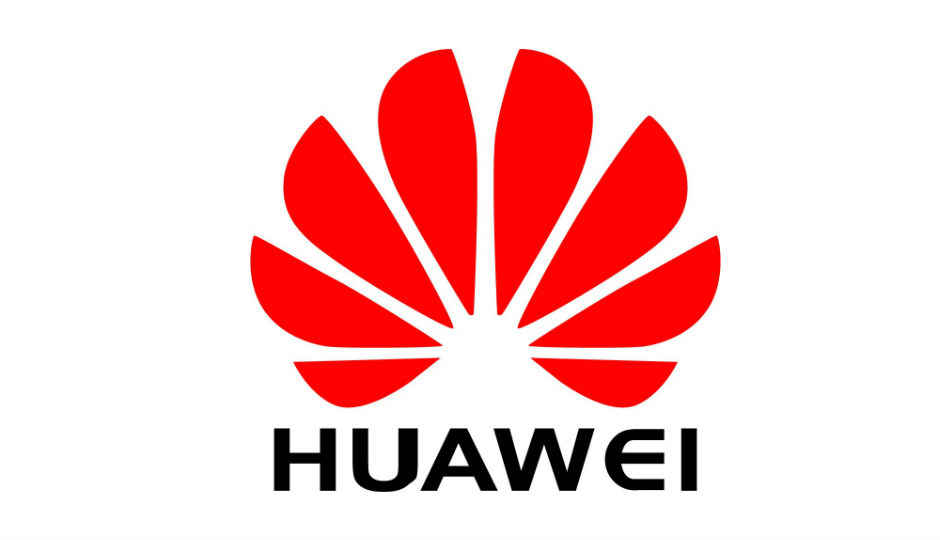Panasonic, ARM, Google, Microsoft, Intel and all other tech bigwigs who ditched business with Huawei
Panasonic and ARM have become the latest in a list of companies that have ditched Huawei.
After Google and Microsoft, other US-based tech companies cut off ties with Huawei.
Other European and Japanese companies have also paused their services for Huawei products.

Huawei, the second largest smartphone maker in the world, is now proving to be the biggest casualty of the US-China trade war. Huawei has lost several partner companies, ARM and Panasonic being the latest ones to jump ship, leaving its future hanging in the balance. Multiple US giants, including Microsoft, Intel and Qualcomm, have followed Google’s footsteps in pulling support for their respective services and components from Huawei and Honor products. This happened after the Trump Administration blacklisted the company, which makes it mandatory for US companies to cut ties with Huawei. In the past, the Chinese company has been accused of using its products for snooping and has been charged for bank fraud. Here is a list of companies who have succumbed to US government’s pressure and have cut business ties with Huawei:
 Survey
SurveyGoogle: It is probably the most high-profile partner that Huawei has lost. The Chinese company rode the success of its Android-powered phones to leapfrog Apple and become the second largest smartphone vendor in terms of shipments in the first quarter of 2019. Any Huawei (and Honor) phone that launches after May 16, 2019 will not have Android OS support, which means possible cut-off of YouTube, Maps and other Google services on Huawei and Honor devices. Further, after the 90-day respite that Huawei got to push updates on its phones, there won’t be any security patches which will leave those phone vulnerable to attacks.
Microsoft: Earlier, Microsoft refused to deny that it will also pull support for Windows 10 from Huawei laptops, but now, the company has removed the flagship MateBook X Pro from its online store. Moreover, there is no Huawei-branded hardware on the Microsoft Store, and a quick search on the platform yields no results. Just like the phones, Microsoft’s decision to cut ties with Huawei will leave the company’s laptops vulnerable to cyber threats.
Qualcomm, Intel and Micron Technology: These US-based chipmakers have also stopped their businesses with the Chinese tech giant. Huawei is one of the few companies with pioneering technology for the roll out of 5G, and these US chipmakers provided Huawei with components required to establish a full-fledged 5G infrastructure. With the block in the sale to Huawei of these critical components, American companies will have a loss in revenue as well and the rollout of 5G wireless networks will be disrupted worldwide. This in turn may see a decline in demand of 5G devices and affordability factor will also take a hit due to less competition.
ARM: Not only in the US, the ripples of the issue have also been seen across Europe. UK-based chip-maker ARM has reportedly told its employees to not “provide support, delivery technology (whether software, code, or other updates), engage in technical discussions, or otherwise discuss technical matters with Huawei and HiSilicon (a chipmaker Huawei owns)” anymore.
In a statement to Engadget, ARM said, “it is complying with the latest restrictions set forth by the US government and is having ongoing conversations with the appropriate US government agencies to ensure [it] remain[s] compliant. ARM values its relationship with [its] longtime partner HiSilicon and it is hopeful for a swift resolution on this matter.” Additionally, the shares of three chipmakers – Infineon Technologies, AMS and STMicroelectronics – fell sharply after reports suggested that companies already had, or were about to, halt shipments to Huawei.
Vodafone and EE: Not only the tech companies, but the impact of the ban on Huawei is also seen in the telecom sector. UK mobile carriers EE and Vodafone have reportedly dropped Huawei devices from the launch of their respective 5G networks. Both the carriers were to include Huawei Mate 20 X 5G smartphone in their lineup of 5G devices.
According to The Verge, Vodafone has paused pre-orders for the phone, and added that it was a “temporary measure while uncertainty exists regarding new Huawei 5G devices”. EE, on the other hand, said, “Until we get the information and confidence that gives us the long term surety that our customers, when they buy those devices, are going to be supported for the lifetime they’ve got the device with us … we’ve put those devices on pause.”
Two Japanese mobile carriers, SoftBank Corp’s Y! Mobile and KDDI, have reportedly delayed the sale of the Huawei P30 Lite. While Y! Mobile has cancelled the advance orders of the phones, KDDI also indefinitely delayed its sales. Another Japanese tech company has also announced that it is also following the other companies in cutting ties with Huawei. Without giving much details, Panasonic has now said that its business with Huawei, which includes the supply of “electronic parts”, is stopped.
Meanwhile, Huawei has issued a statement saying, “We value our close relationships with our partners, but recognise the pressure some of them are under, as a result of politically motivated decisions. We are confident this regrettable situation can be resolved and our priority remains to continue to deliver world-class technology and products to our customers around the world.” The company is also reportedly working on an Android alternative to circumvent the issue of no Play Store access on Huawei and Honor phones.
Sourabh Kulesh
A journalist at heart; has knowledge of a wide gamut of topics related to enterprise and consumer tech. View Full Profile